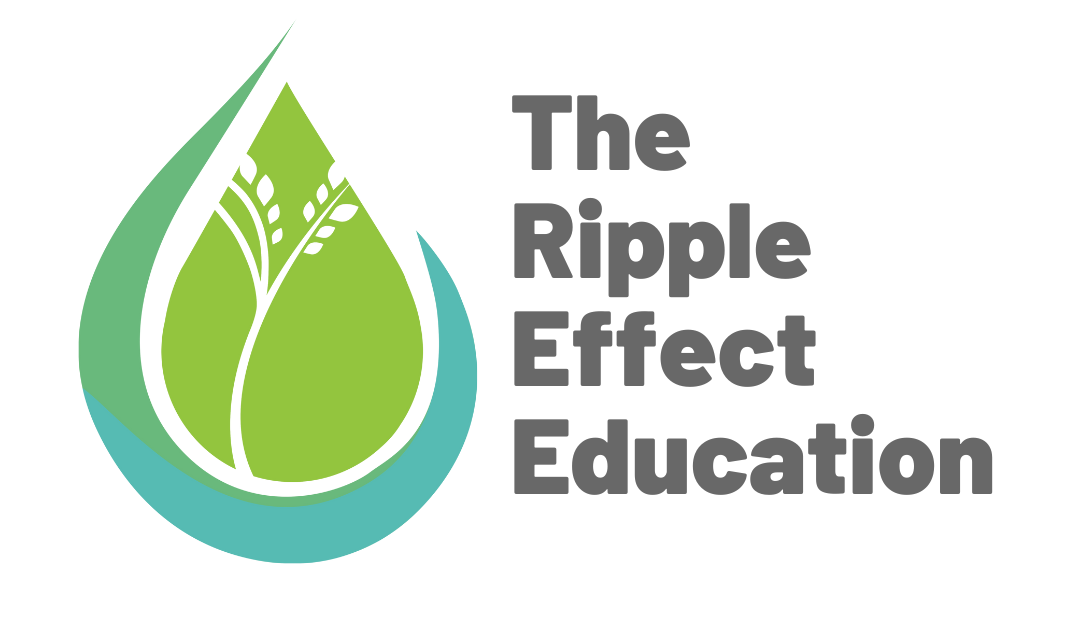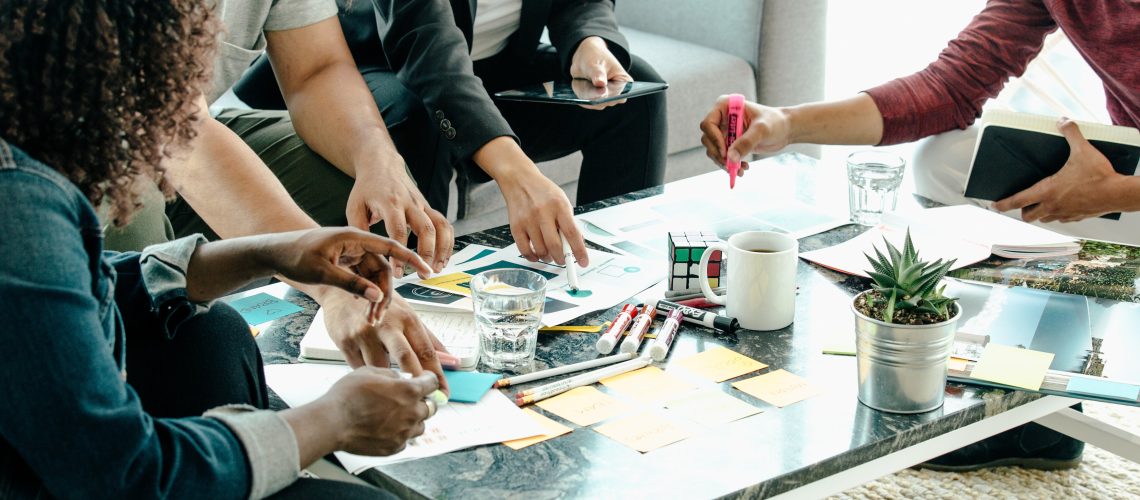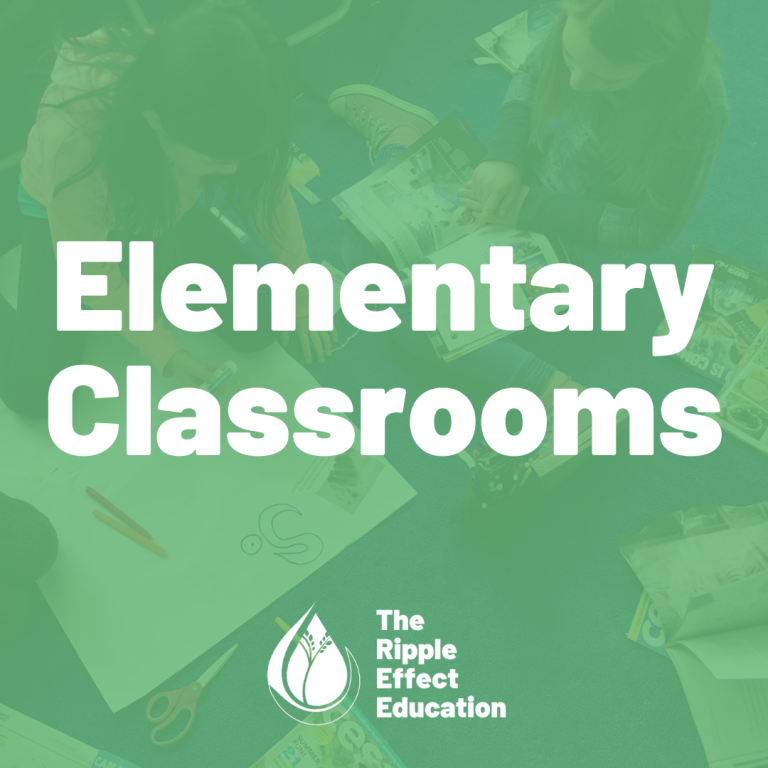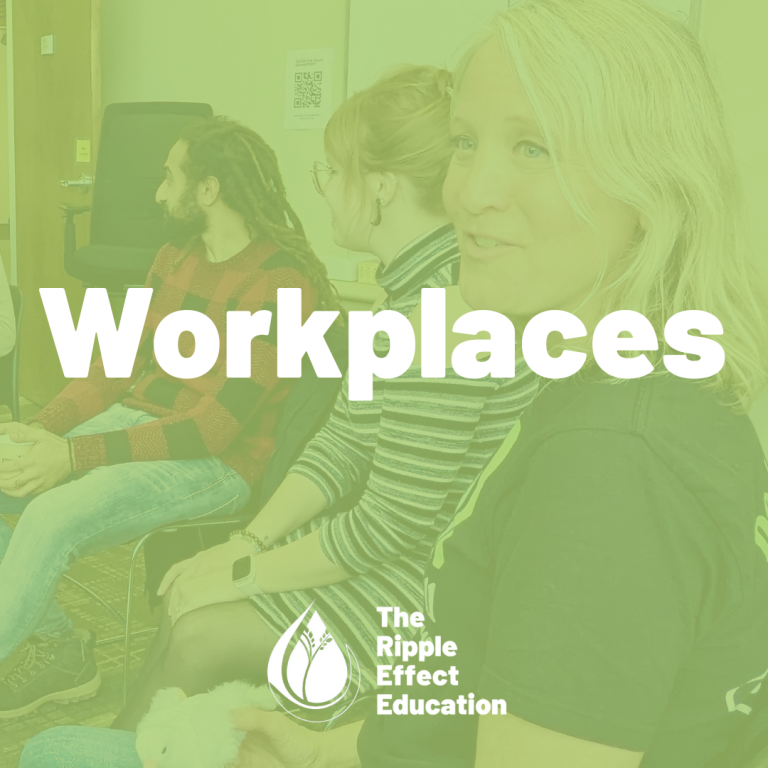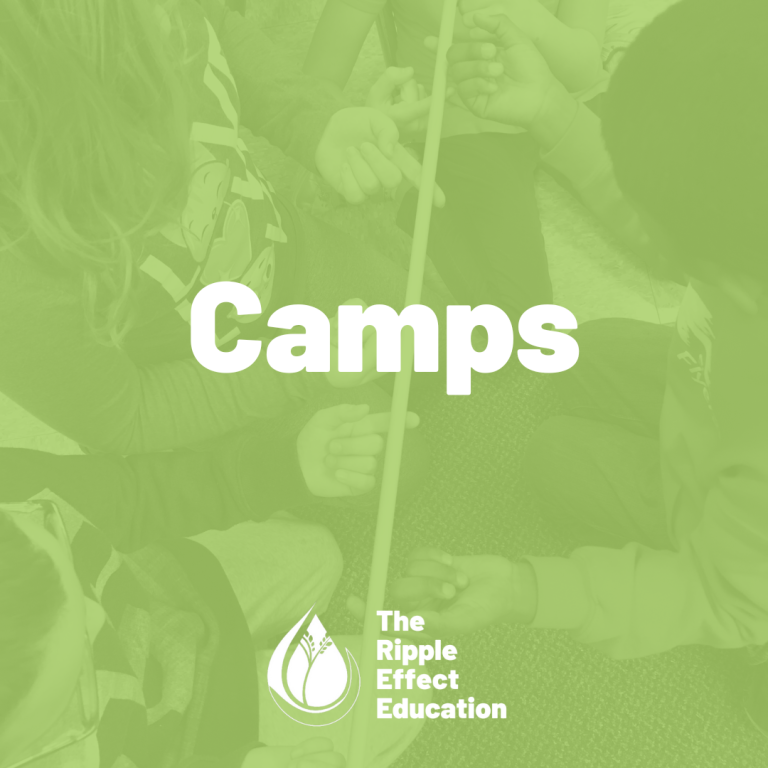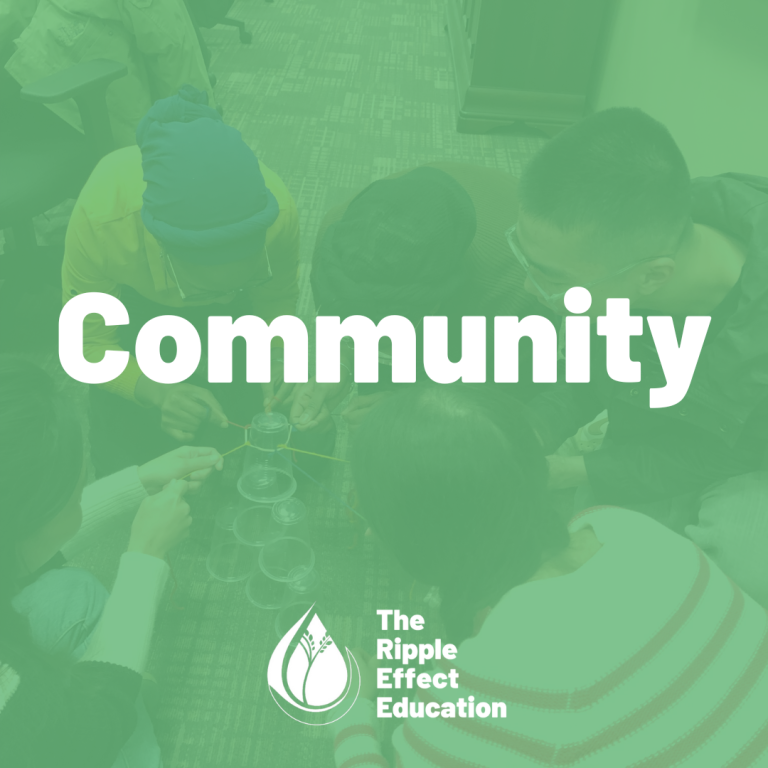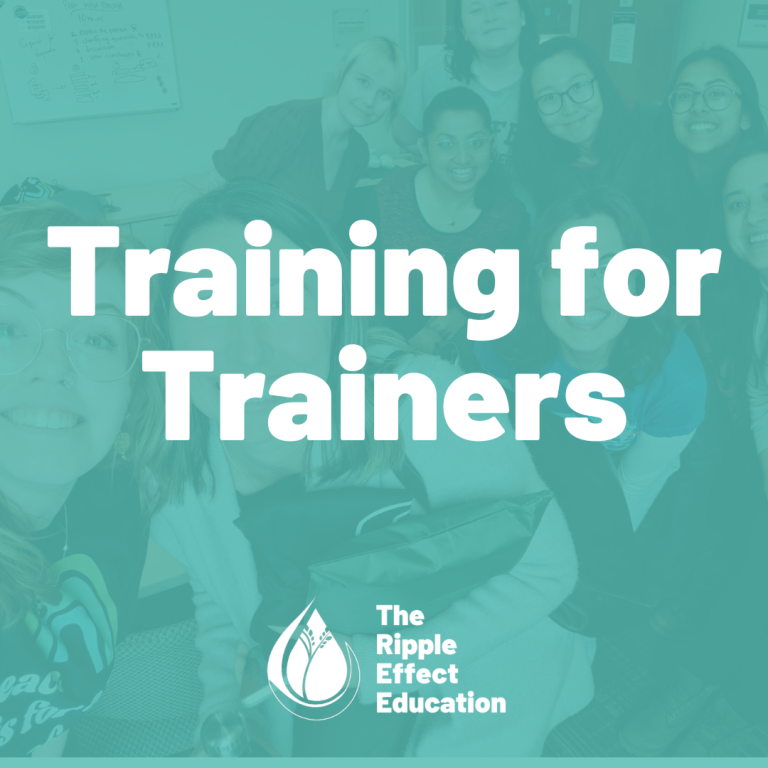To be inclusive means to welcome and accept others, not in spite of their identity, but with all aspects of their identity celebrated; this means people of different cultures, sexual orientations, races, religious beliefs, genders, socioeconomic statuses, abilities, family structures, immigration statuses, and educational background, to name a few.
Creating atmospheres of inclusion in our everyday lives is important. While official spaces, like workplaces, can work towards inclusion through equitable systems and policies, we as individuals cannot rely on these structural kinds of inclusion. Instead we have the responsibility to transform the way we think, act, respond, and behave to create atmospheres of inclusion in our personal lives.
When we work towards creating inclusive spaces around us, it allows those in our circles and those we interact with to be authentically themselves, to bring their full identity into a space without fear of judgement or harm. It means that we can more genuinely continue creating inclusive spaces and encouraging others to do the same. Here is our (non-exhaustive) list of steps we take to create spaces for inclusive conversations.
Normalize inclusive language
- State pronouns: Making space for and normalizing stating pronouns can help to create spaces of safety for our non-binary, gender non-conforming, and trans friends. Stating our pronouns when we introduce ourselves, having them in our social media, etc, invites others to do the same without signifying them as “other” for specifying their pronouns. We state our own pronouns; we do not reveal the pronouns of others unless they have done so within the group.
- Language shifts towards inclusivity
- Rather than “boyfriend/girlfriend” try “partner”
- Rather than “addict” try “someone struggling with addiction”
- Rather than “crazy” try “wild”
- Rather than “mom/dad” try “parent/caregiver”
- Rather than “homeless person” try “person experiencing homelessness”
Don’t dismiss identity
- “I don’t see race,” or “I don’t care that you’re gay,” or “You’re a great friend, even though you use a wheelchair.” Have you said something like this before? When we do so, it’s usually an attempt to convey that we are not “actively oppressive,” and that we believe everyone is equal. The truth is that dismissing identity is harmful in the same ways as overt racism, homophobia or ableism (and other overt acts of oppression). When we ignore entire aspects of someone’s identity, we don’t acknowledge the very real ways in which oppression has existed and continues to exist, both systemically and in the lives of individuals. Rather than attempting to look past one’s identity that we do not share, we take it upon ourselves to learn more about the history and on-going realities of identity groups is vital to creating genuinely inclusive spaces.
Be willing to learn
- Creating inclusive spaces is not something we achieve once, it is something we must constantly be working towards. Learning how to create inclusive spaces is a lifelong learning that we have the privilege of doing. Commit to learning from others, from books, from youtube videos, from strangers, from children, from elders, from people like you, and people who live very different lives from you. We can always improve the way that we speak and behave to create more inclusive spaces. Even when it’s hard, when we get called out for doing something harmful, when we mess up, we must continue to engage and be willing to learn.
Normalize feeling discomfort
- These are inclusive spaces not comfortable spaces; risk is involved as we step outside our comfort zone. If we are accustomed to identity-based privilege, it can be uncomfortable to become aware of the ways that we benefit from the oppression of others. These conversations can be intense, but it is imperative that we embrace that discomfort as part of the learning process.
Do not stay silent
- When instances of intolerance or hate happen in your space do not avoid addressing it. Silence often signifies acceptance. Violence thrives in silence. Instances of harm can take many forms including “jokes”, stereotyping, ignoring others or excluding them from conversation. Calling out or calling in others to conversations about their language or behaviour is important. These conversations can be uncomfortable and messy, but do get easier with practice when we’re open to be called out and learn.
Authors’ note: We’ve written this guide as a non-exhaustive tool to create equitable spaces for conversations from our own positions as white women alongside other white, cisgendered, heteronormative, abled-bodied folx who are being called in to these spaces.
Photo by Matthew Henry from Burst by Shopify
Erin Huston is a social justice advocate and community-building facilitator. After finishing degrees at the University of Waterloo in Legal Studies and Peace & Conflict Studies, Erin pursued a Masters degree in Social Justice and Community Engagement at Wilfrid Laurier University. Passionate about working with youth, Erin uses her education of structural factors and discourses that lead to social inequality and environmental injustice to facilitate programming designed to help empower young people to think critically about issues they care about.
Katie Gingerich is the founder and director of TREE, and is an active participant of the Kindred Credit Union Centre for Peace Advancement. Since 2012, she has developed peace education programs for camps, community groups, and classrooms, and is passionate about giving youth the tools they need to transform conflict and seek justice.
